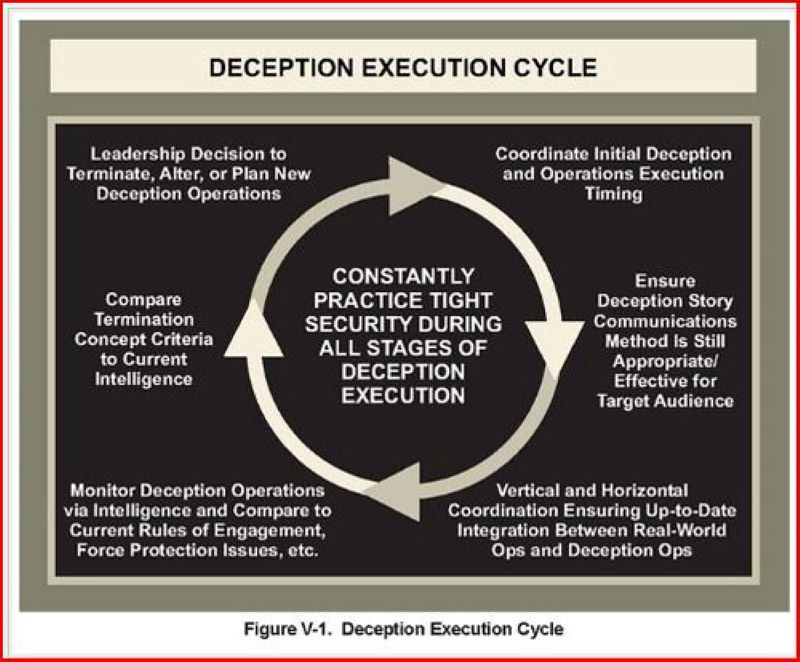Afghanistan: A Trillion Dollars’ Worth Of Lies
Jim here.
This morning, the Washington Post published The Afghanistan Papers, so-named as a tribute to Daniel Ellsberg’s Pentagon Papers. It’s hardly surprising that what we learn from the collection of documents is that the US has been lying about Afghanistan since the very earliest days of the war:
A confidential trove of government documents obtained by The Washington Post reveals that senior U.S. officials failed to tell the truth about the war in Afghanistan throughout the 18-year campaign, making rosy pronouncements they knew to be false and hiding unmistakable evidence the war had become unwinnable.
Sadly, the war has come at an unfathomable cost:
Since 2001, more than 775,000 U.S. troops have deployed to Afghanistan, many repeatedly. Of those, 2,300 died there and 20,589 were wounded in action, according to Defense Department figures.
/snip/
Since 2001, the Defense Department, State Department and U.S. Agency for International Development have spent or appropriated between $934 billion and $978 billion, according to an inflation-adjusted estimate calculated by Neta Crawford, a political science professor and co-director of the Costs of War Project at Brown University.
Those figures do not include money spent by other agencies such as the CIA and the Department of Veterans Affairs, which is responsible for medical care for wounded veterans.
Left out of these numbers are the lives lost by Afghan civilians and the lives disrupted by those families displaced by 18 years of hostilities.
These documents were obtained by the Post through a three year FOIA effort aimed at getting the raw materials generated by Inspector General John Sopko’s office, the Special Investigator General for Afghanistan Reconstruction. Sopko came into this oversight job in 2012 and he has done incredible work in trying to hold the military and the politicians directing military policy to account for what has been going on in Afghanistan.
Much of my early blogging was centered on Afghanistan, and this false narrative from the military that we were “making progress” despite being in a situation that was clearly unwinnable (and that any check of a history book would have confirmed as an impossible task) was a frequent target. The persistence with which Sopko’s team documented and evaluated material coming from the military was impressive, especially as the military continually developed “new” tools for assessing progress on security and on training of Afghan troops, primarily so that they could make comparisons to previous data irrelevant. Eventually, the military essentially gave up on this approach and decided simply to classify the bulk of this sort of data so that their lack of progress would not be noted every six months as SIGAR came out with their Congressionally-mandated reports.
Around the time of this development, Sopko and his team embarked on a new strategy, interviewing various key figures in the military and in related efforts in Afghanistan to develop a series of “Lessons Learned” reports. The documents being released today are the raw materials from many of these interviews.
Finally, as a result of these materials, we now have extensive documentation that much of what we have been told by officials about Afghanistan is a lie:
Several of those interviewed described explicit and sustained efforts by the U.S. government to deliberately mislead the public. They said it was common at military headquarters in Kabul — and at the White House — to distort statistics to make it appear the United States was winning the war when that was not the case.
But then, some of us have known that for a long time. Back in 2010, I came across this interesting graphic on how the military engages in military deception. It turns out there’s a well-described process for it:
In the Post article, we learn that, of course, there was no lesson learned from Vietnam:
The specter of Vietnam has hovered over Afghanistan from the start.
On Oct. 11, 2001, a few days after the United States started bombing the Taliban, a reporter asked Bush: “Can you avoid being drawn into a Vietnam-like quagmire in Afghanistan?”
“We learned some very important lessons in Vietnam,” Bush replied confidently. “People often ask me, ‘How long will this last?’ This particular battlefront will last as long as it takes to bring al-Qaeda to justice. It may happen tomorrow, it may happen a month from now, it may take a year or two. But we will prevail.”
In those early days, other U.S. leaders mocked the notion that the nightmare of Vietnam might repeat itself in Afghanistan.
“All together now — quagmire!” Rumsfeld joked at a news conference on Nov. 27, 2001.
But throughout the Afghan war, documents show that U.S. military officials have resorted to an old tactic from Vietnam — manipulating public opinion.
In news conferences and other public appearances, those in charge of the war have followed the same talking points for 18 years. No matter how the war is going — and especially when it is going badly — they emphasize how they are making progress.
And yes, I was seeing that this “We’re making progress” claim was bullshit long ago. Here are posts from 2010, 2013 and 2016 on the futility of our efforts there. But there’s one more side of this that we need to bring front and center to get a feel for one of the primary driving forces for why we would flush a trillion dollars and so many lives down the toilet. Back in 2008, the New York Times documented how the military carried out an “information operation” (which would rely on military deception) on the status of the war in Iraq. A bevy of “military analysts” was rolled out to make pronouncements in the media about how well things were going (despite the reality that they weren’t) and they were described primarily as “retired military”. What wasn’t disclosed in most cases was that these same “analysts” were also lucratively employed by defense contractors.
This report from the Washington Post on lies from the military closes the loop with the report from the Times on lies from analysts in the media. Senior military figures lie about how wars are going. They eventually retire and then get lucrative jobs with defense contractors. From these positions, they sometimes pose as “analysts” to spout similar falsehoods in the media, prolonging futile wars but enriching the contractors. I wonder if the magnitude of the lies told while in the military determines the size of the salary once they are hired by the contractors. The net result, though, is futile wars that can’t be won, but with endless spending on them anyway.

